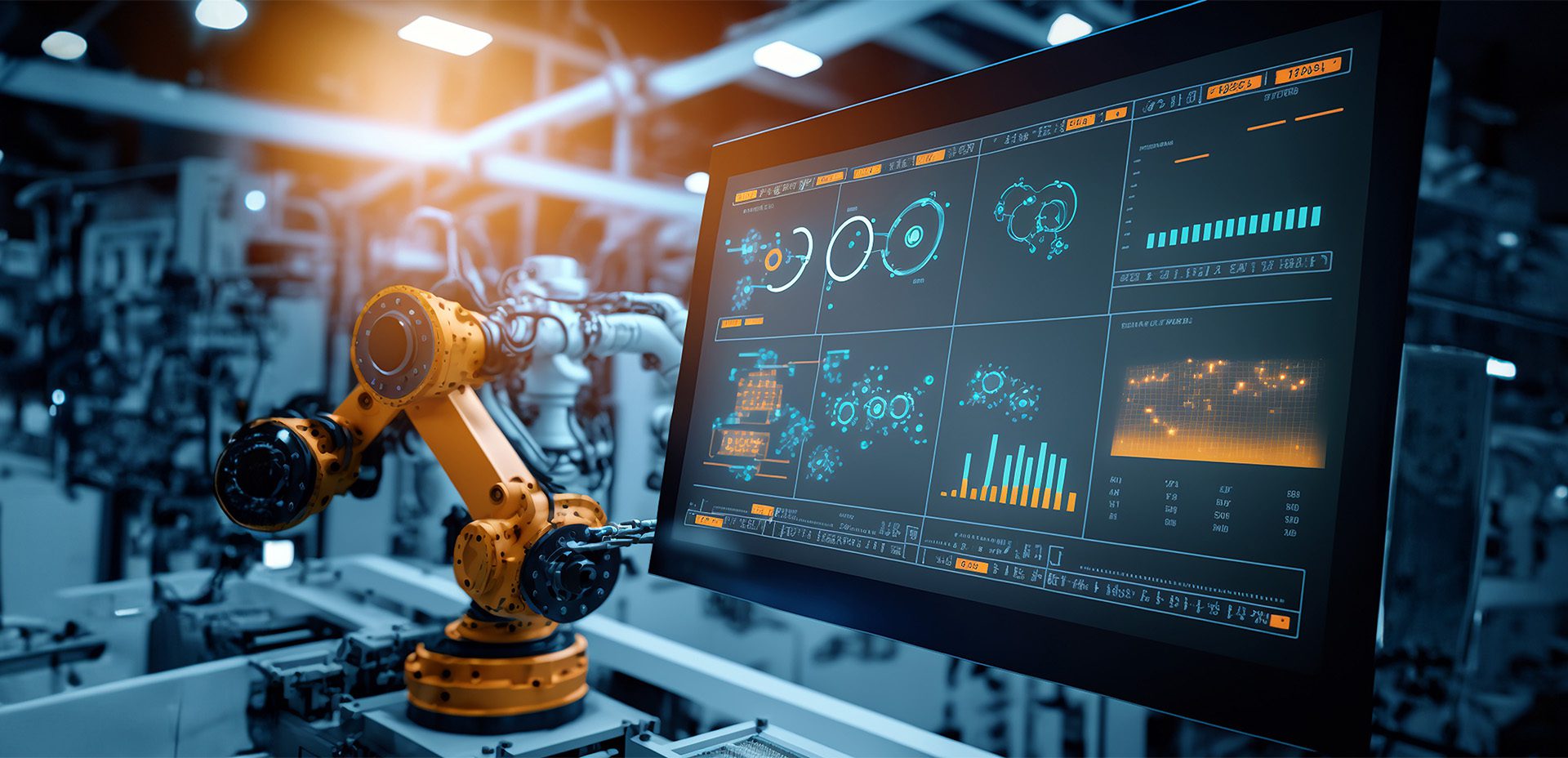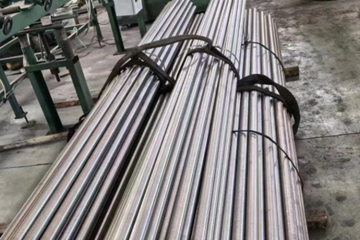Industry 4.0 is the 4th industrial revolution, after the 1st, 2nd, and the 3rd. This is the current trend where data interchange & automation will be used in the manufacturing processes.
Industry 4.0 is a major development in the manufacturing industry. It highlights the concoction of several features like the Internet of Things (IoT), custom manufacturing services, digital technology, data analytics, artificial intelligence, and automation.
What is Industry 4.0?
So, what is industry 4.0? Industry 4.0, is the era of digitalisation and smart manufacturing. These represent a leap that has taken place in the manufacturing horizon. The era is all about interconnecting the systems, machines, and the technology as well.
This was not present during the Industry 1.0, 2.0, and 3.0 as well. It is about taking better decisions, making efficient products, and maximizing production for all forms of the industries for the betterment of humanity.
This means a lot, especially for lean manufacturers. It highlights the increase in efficiency, decreased waste, and the enhanced precision. This can be possible with the use of the data analytics & the IoT sensors.
The manufacturing processes have now gotten streamlined & smoothened. Machines are able to know when they need to have maintenance, and they also adjust in real time, when there is an increase in the orders.
It is safe to say that Industry 4.0 has immensely empowered lean manufacturing. It is done by combining intelligence and adaptability. Now, manufacturers of several industries can now optimize operations to provide top-notch products that have incredible efficiency in them.
Here are the core elements of industry 4.0:
- Internet of Things (IoT)
The internet of things (IoT), can connect physical devices and systems to the internet. It can enable the collecting and exchange of several types of information. It can now provide practical & real-time insights into operations.
- Big Data and Analytics
Big data & analytics plays a significant role in several industries. It can help in the capturing, storing, and analyzing of large amounts of data that have been generated by IoT devices and various sensors.
- Artificial Intelligence (AI)
With the help of the AI systems & devices that have been designed using machine learning, several tasks can now be automated, predictions can be made, and processes can be immensely improved upon leading to a higher accuracy and speed.
- Automation and Robotics
Automation & robotics means replacing the manual processes with the help of the automated systems. These can be used to enhance precision and decrease errors.
- Cyber-Physical Systems
These systems are a result of the combination of the digital and physical worlds. Now, the industries can control, monitor, and allow for better decision-making.
Challenges and considerations
Industry 4.0 comes with its own set of challenges & considerations. While it does have some notable benefits and advantages, there are some flaws that need to be taken with consideration.
The manufacturers need to make use of the sensible workforce training, robust cybersecurity measures, and proper infrastructure to be able to make complete use of the Industry 4.0. Besides, products may become quite complicated to produce, and increase the risks of cybersecurity as well.
The combination of human expertise along with intelligent machines can immensely drive productivity, and help form creativity and problem-solving. The manufacturing industry is poised to achieve immense growth and progress, offering limitless opportunities.
FAQs
- How is Industry 4.0 used in manufacturing?
Industry 4.0 is used in manufacturing through the digital transformation. This has enabled the manufacturers to design & produce digital twins which are similar to processes, production lines, and supply chains. The digital twin is developed through getting the information through IoT sensors, devices, PLCs, and other objects through the internet.
- What are the key Industry 4.0 technologies?
The key industry technologies that find place in the Industry 4.0 are as the result of the integration of intelligent digital technologies into manufacturing processes. Some of them include Big Data, industrial IoT networks, AI, robotics, and automation.
- What is Industry 4.0 additive manufacturing?
Industry 4.0 additive manufacturing refers to the design, development, and production of the 3D object based. This can be done through the computer-generated model (using CAD or some similar programs) based on the output & the kind of printer that needs to be used.
- How does Industry 4.0 affect society?
Industry 4.0 has affected society in a good, positive, and healthy manner. New production techniques that do not affect the environment have been put to good use. Moreover, several new techniques are also leveraged intelligently, which have the potential to increase productivity, and change many global challenges.
Conclusion
Industry 4.0 has marked many milestones in the production & industrial sectors for almost many industries that are still functioning. We have seen the growth, development & the introduction of several new technologies like Big Data, industrial IoT networks, AI, robotics, and automation.
As industry 4.0 manufacturing transitions into 5.0, sooner or later, it will be the initial stage for a new transformative journey, actively shaping industries worldwide. Industry 4.0 can open the door for a plethora of unmanned technology.
Those who adopt Industry 4.0 can benefit through the streamlined operations, reduced costs, and improved product quality.




